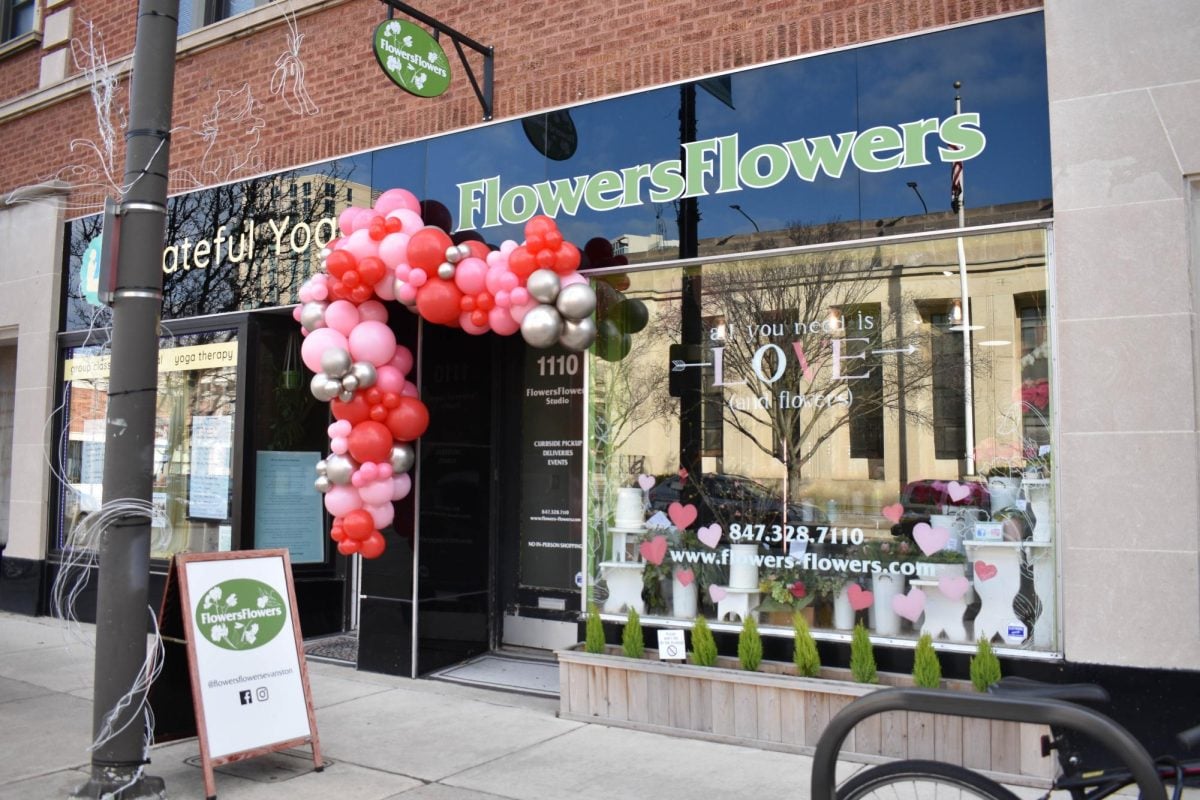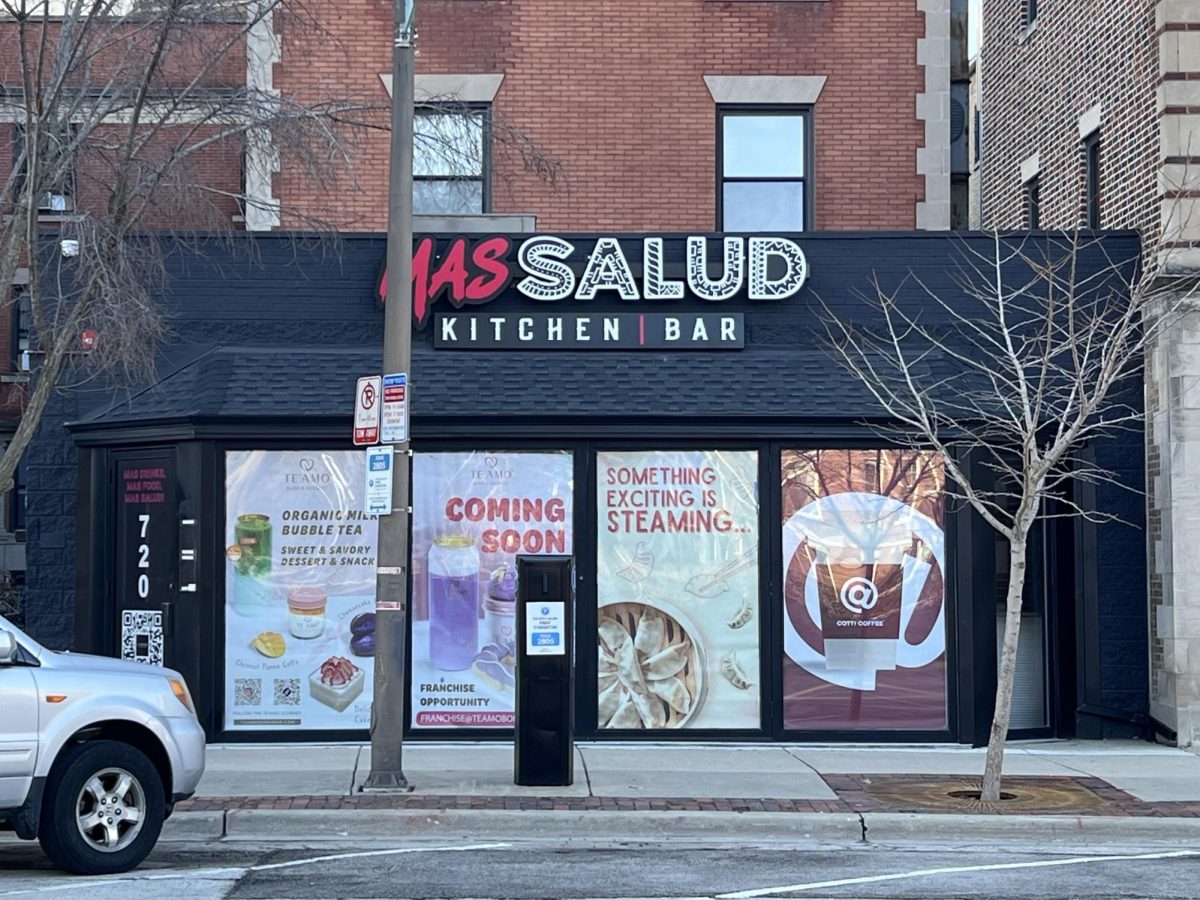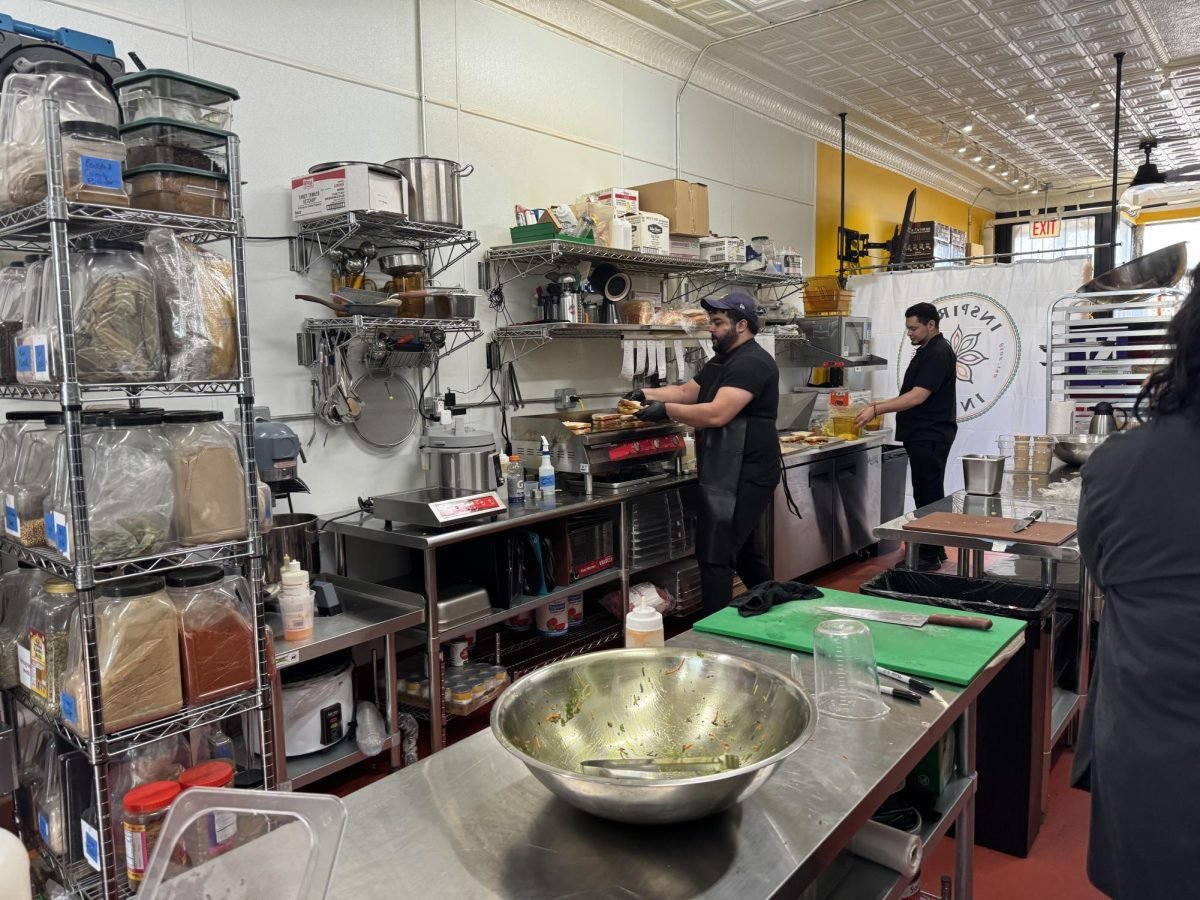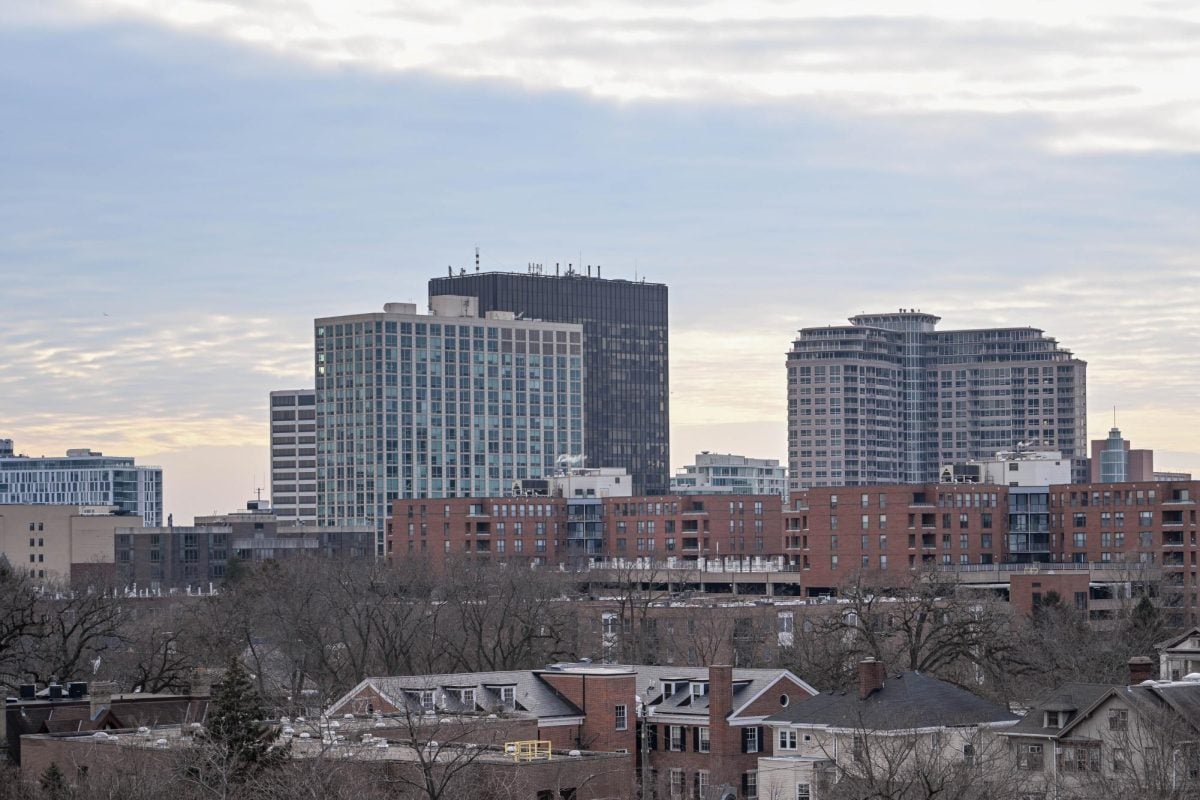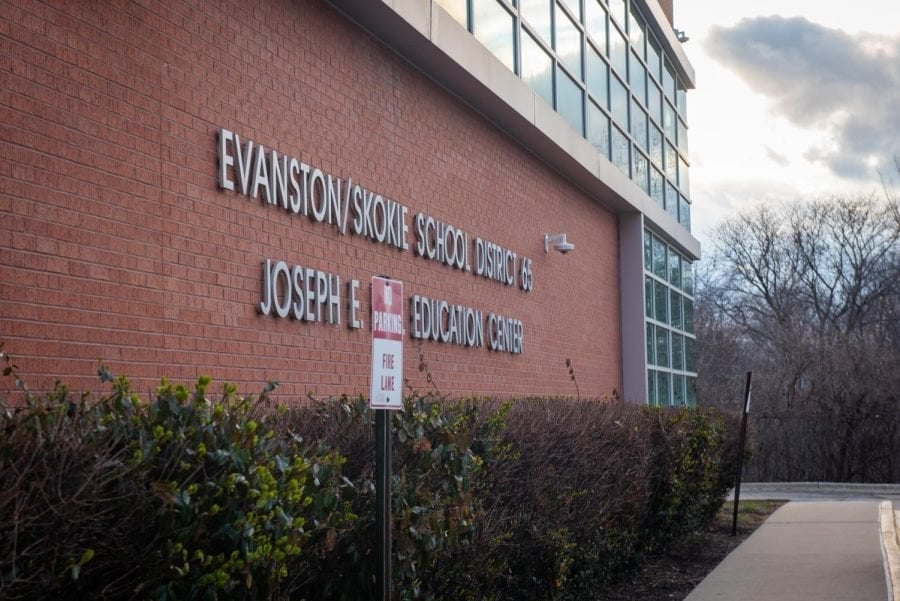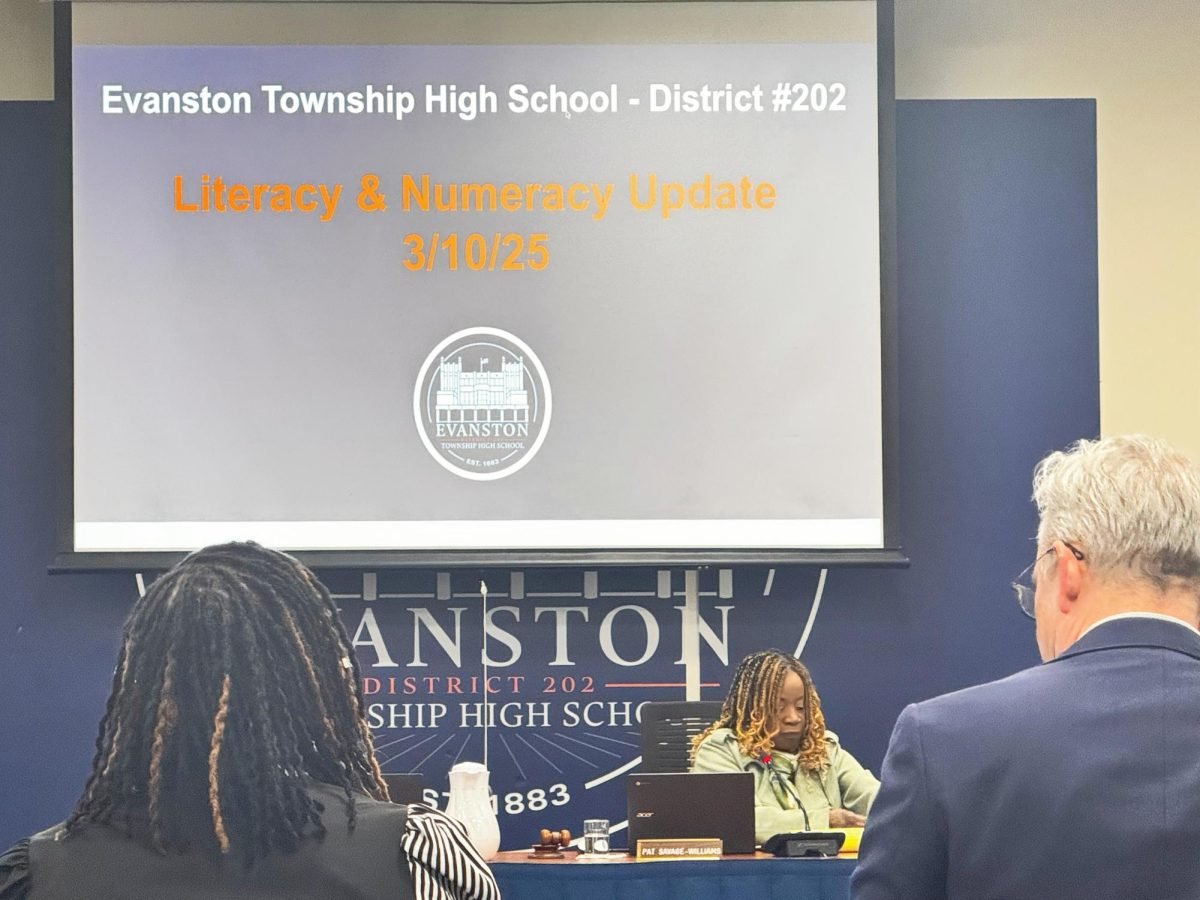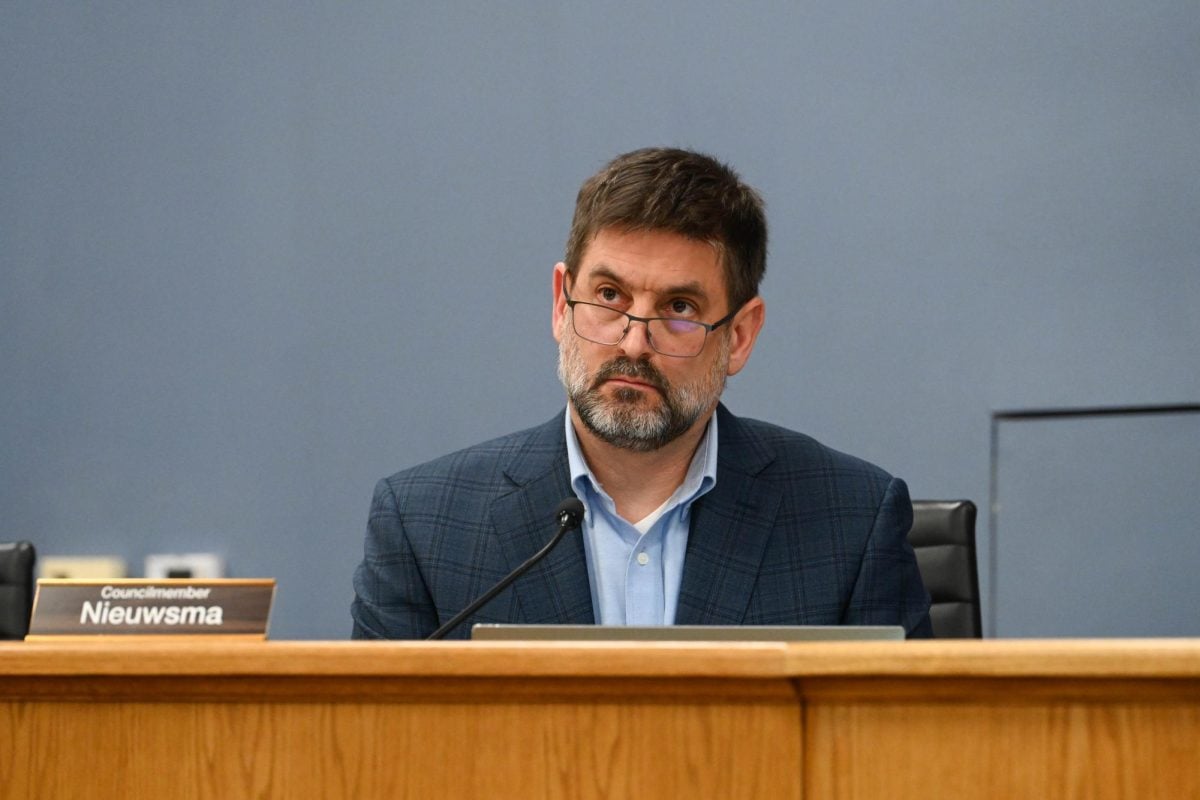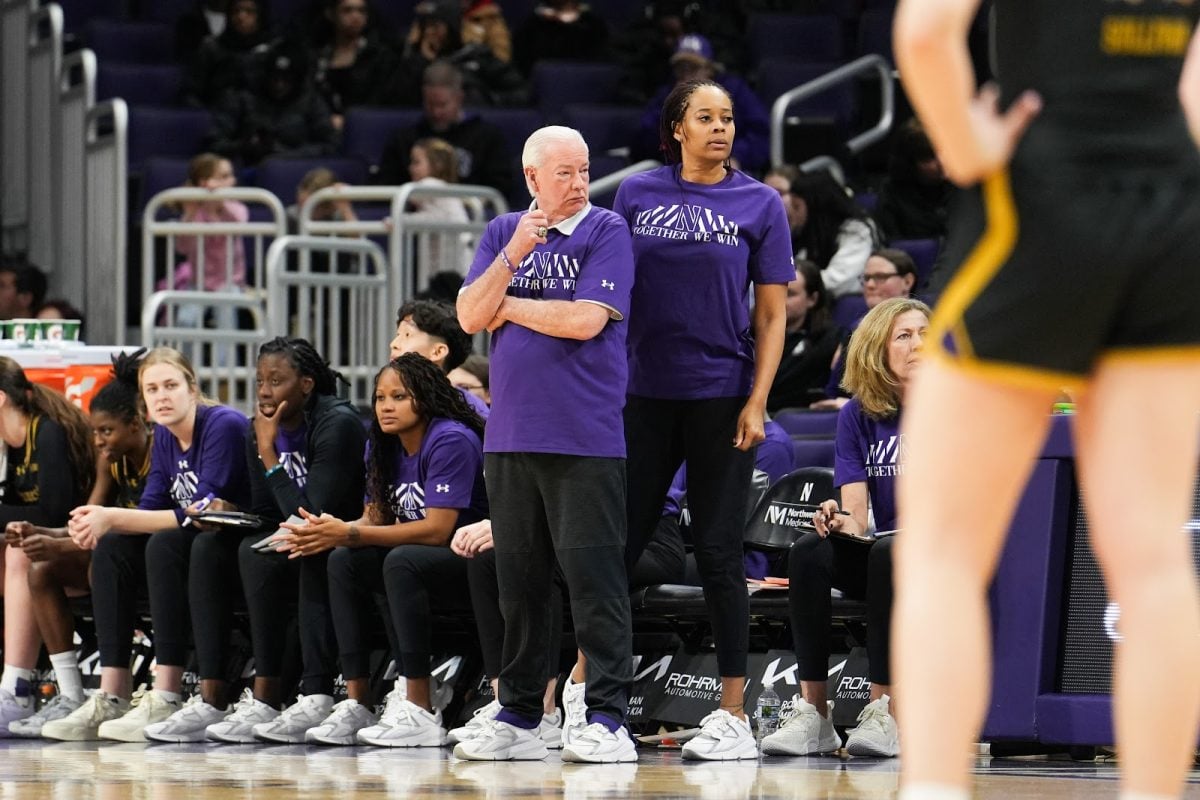For over 10 years, Evanston floral studio FlowersFlowers owner Joanne Leiman had been looking to compost the store’s plant waste. However, the cost had always made her hesitate, she said.
So last year, when Leiman learned of Sustain Evanston —a grant program that helps local businesses fund projects in line with the city’s Climate Action and Resilience Plan goals — she applied.
The city awarded FlowersFlowers about $3,000 to pay for a year of composting and to “jumpstart” the company’s path to sustainability.
“It’s easy to do, and it makes a difference every day,” Leiman said. “Now that we’re in the habit of doing it, it’s one of those things where I can’t imagine not doing it any longer.”
Last year, the city awarded over $200,000 in Sustain Evanston grants to 18 small businesses. This year, the city has increased the pool to $500,000, and the program is accepting proposals on a rolling basis until June 30.
Collective Resource Compost Cooperative, a Chicago area compost collection company, received the maximum $25,000 grant from the city. They used the funds to make down payments on electric vehicles for their composting container swap service, according to Vice President Mary Beth Schaye.
“There’s direct benefit to the residents of Evanston because we’re no longer using petroleum powered vehicles to do the pickups,” she said.
Collective Resource Compost Cooperative also worked with several businesses who used their grant money from Sustain Evanston to pay for the company’s composting services, including FlowersFlowers and Evanston restaurant Picnic.
As a member of the Circular Evanston Working Group, Schaye said she has met with several small businesses to learn about their sustainability goals. The group educates and advocates for a circular economy, which includes integrating composting and recycling into businesses. She called Sustain Evanston “a fantastic program.”
“A lot of particularly small local businesses are very community focused,” Schaye said. “They know what they would like to do that would make their business more sustainable. They just can’t necessarily afford it.”
Leslie Cousineau of DMAC Architecture & Interiors, an Evanston-based architectural firm, said the company received funding to create a “pocket park” behind their building.
Anticipated to be completed by this April, the planned park includes native plants, as well as permeable pavers and a wall to screen recycling and trash bins, adding green space to the area and controlling stormwater, Cousineau said.
Soul & Smoke, a barbecue restaurant, had already been composting and recycling when they applied for the grant, but wanted to find ways to improve their sustainability, CEO Heather Bublick said.
After speaking with a program representative about available solutions and submitting quotes, the company applied and received over $9,500 in grant money.
So far, the restaurant has used the money to replace their gas fryer with an electric fryer, and they plan to apply for the grant again this year. The restaurant hopes to replace its air curtains with screens for their windows to save energy, Bublick said.
“It’s a really great way to dip your toe into the sustainability world and for us, as a community, to walk the walk,” Bublick said. “It’s a great effort that the city’s making.”
Email: hannahwebster2027@u.northwestern.edu
Related Stories:
— As Evanston moves toward sustainability, local activists criticize slow pace of change

